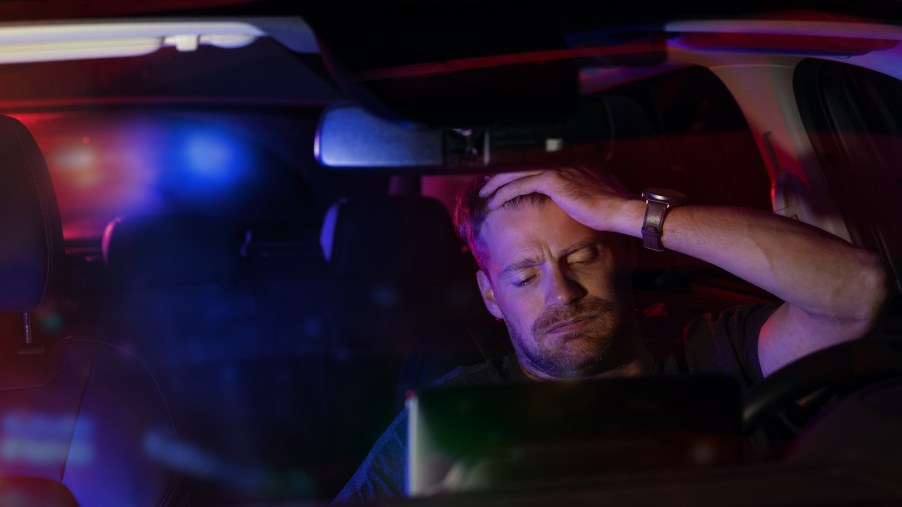
How Often Do Police Officers Give Warnings Instead of Tickets?
People get pulled over by the police on a common basis for traffic stops. Often, this encounter ends with the person driving the vehicle getting a citation for their offense. Of course, it could also lead to an arrest. Still, there are times when law enforcement gives drivers warnings instead of citing them. Many wonder how often this might be and what offense they may be warned for.
How often do police give warnings during traffic stops
According to the Standford Open Policing, around 50,000 people in the US get pulled over by the police each day. Many of these traffic stops are minor, but some are the result of more serious offenses. The numbers also say drivers only have a one percent chance of being pulled over in a given year.
So, how often do people get warnings during traffic stops? There’s no real way to know how frequent they are, as many warnings are verbal. When deciding whether the driver will get a ticket or a warning is sufficient, police officers use their discretion and training to make informed decisions. Often, it comes down to the seriousness of the infraction and if it’s a first-time offense.
Additionally, police can give different types of warnings during traffic stops. The first is verbal, which means the warning does not go on your record. Then, there are written warnings, which could go on your driving record. Drivers can also get warning tickets. These warnings don’t result in fines but are documented.
What might you get a warning for when pulled over by the police?
So, what types of infractions constitute warnings during traffic stops? Police officers sometimes give warnings for low-level offenses such as traffic violations. This could be speeding by a small margin, improper lane usage, failure to yield, etc. While these offenses often result in a ticket, police officers could also issue a warning if they feel that the infraction was an innocent mistake. This is especially the case if the police officers don’t consider the behavior an immediate threat to safety.
However, traffic stops are still likely to result in a ticket. This is especially the case for more extreme infractions. For example, if a person is pulled over for excessive speeding, they probably won’t get a warning. Speeding is dangerous in and of itself, but it’s even more so when people are going far beyond the speed limit. As mentioned, people who have documented warnings for an offense will likely get tickets if caught again.
In general, it’s always best to obey the law to avoid traffic stops and maintain safety. Drivers should never assume they will get warnings for violations.



